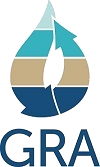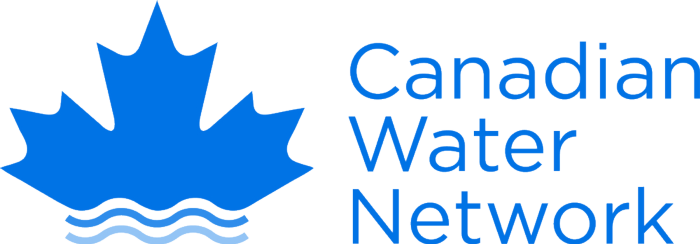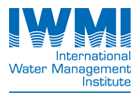Presentations
Parker, Tim
Presentation Title
Development and Pilots for a National Groundwater Monitoring Network in the United States
Institution
Layne Christensen
Video
Not Available
Presentation
Profile Picture

Abstract
The Office of Management and Budget established the Water Information Coordination Program (WICP) to foster collaboration and improve water information for decision-making related to natural resources management and environmental protection. The Department of the Interior through the U.S. Geological Survey acts as the lead agency and works together with other federal agencies and the non-federal sector, collectively under the Advisory Committee on Water Information (ACWI), to help implement WICP and to identify water information needs, evaluate the effectiveness of water information programs and recommend improvements. A subgroup of ACWI, the Subcommittee on Ground Water (SOGW) has the charge to develop a framework for a long-term, national groundwater-monitoring network and encourage its implementation. The SOGW developed and ACWI approved in late 2009 the report A National Framework for Ground Water Monitoring in the United States, which proposes the National Groundwater Monitoring Network (NGWMN). The overall goal of the national-scale groundwater monitoring network is to provide the data necessary for the planning, management, and development of groundwater supplies to meet current and future water needs, including ecosystem requirements. A key component of the network is the development of a prototype, web-based data portal, which will serve data from the participating groups (state, regional and local) to the analysts requesting network data. NGWMN pilot projects including Indiana, Illinois, Minnesota, Montana, New Jersey, and Texas were initiated at the beginning of 2010. These pilot projects were selected to represent single-state programs with different levels of intrastate-agency coordination, and multi-state collaborations monitoring multi-state aquifer(s). Pilot projects are intended to serve to test the concepts outlined in the NGWMN, and produce information with which to evaluate the feasibility of a nationwide network. Information gained from the pilot projects will be incorporated into the Implementation Phase of the NGWMN. Pilot projects will be used to evaluate the distribution of existing wells within principal and major aquifers, well measurement, sampling frequency, field practices, data elements stored in their environmental database(s), data management procedures and documentation, and overall network costs. Pilot programs will also be evaluating the efficacy of sharing data through the data portal. This presentation will provide an overview of the NGWMN and the pilots.
Figures
None Available
|












